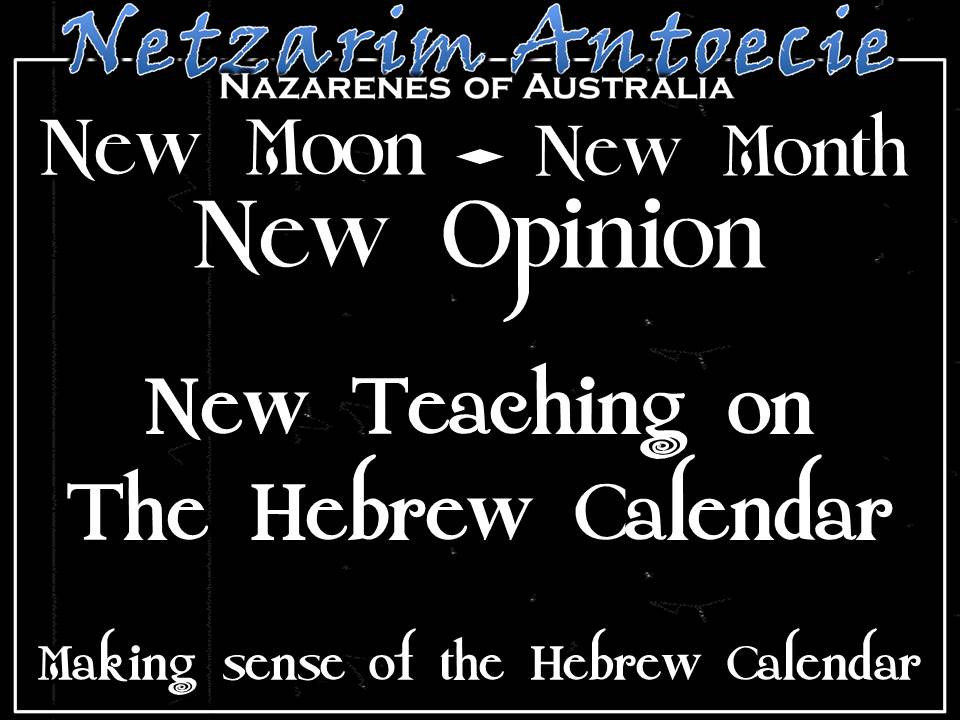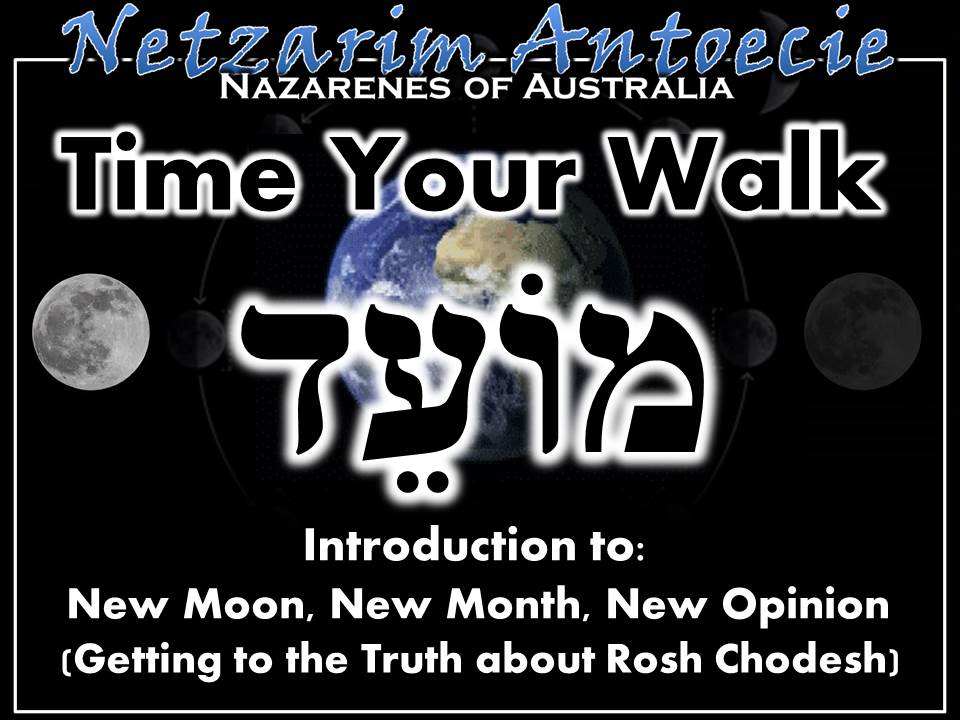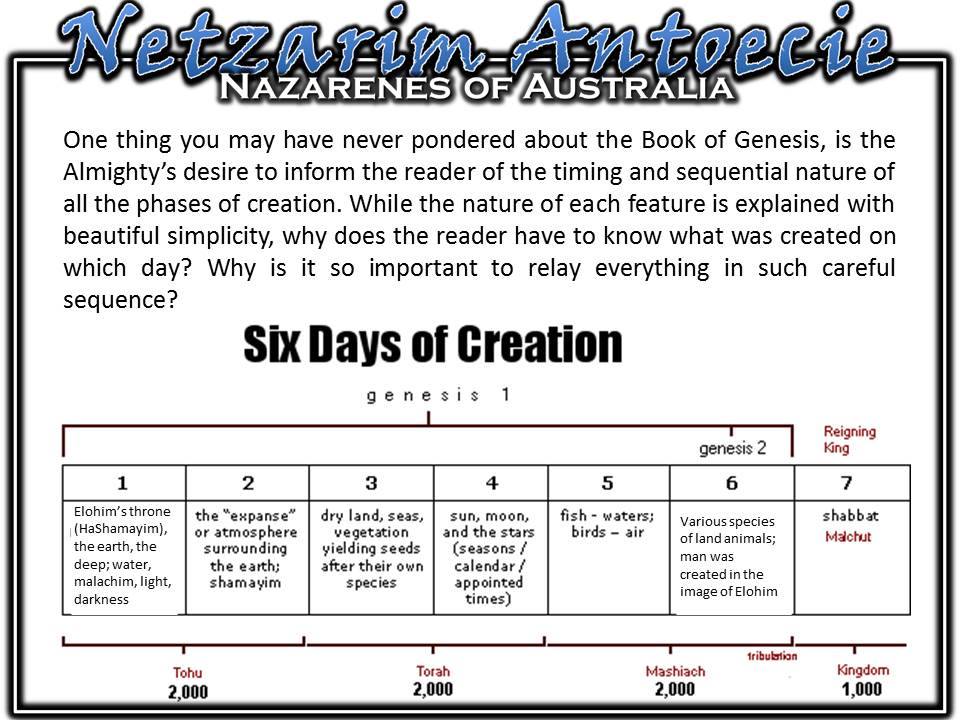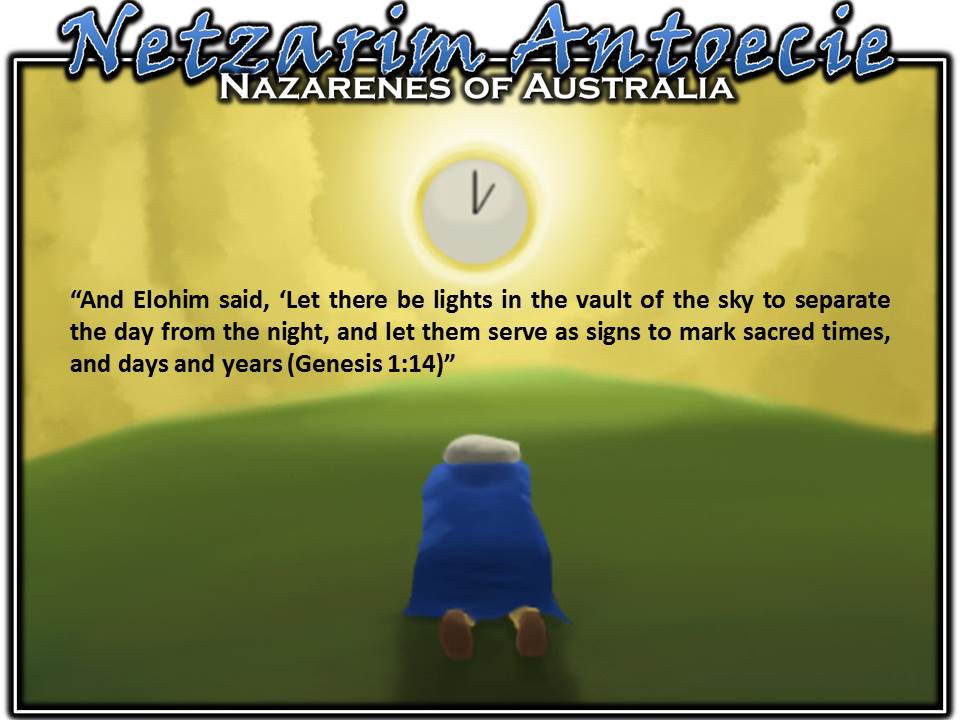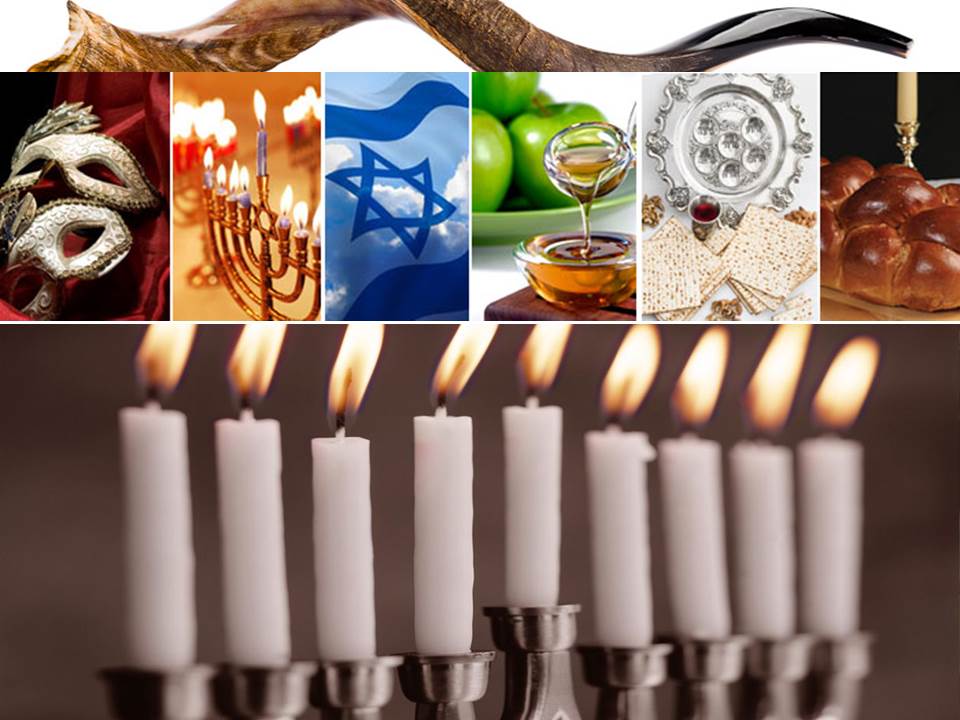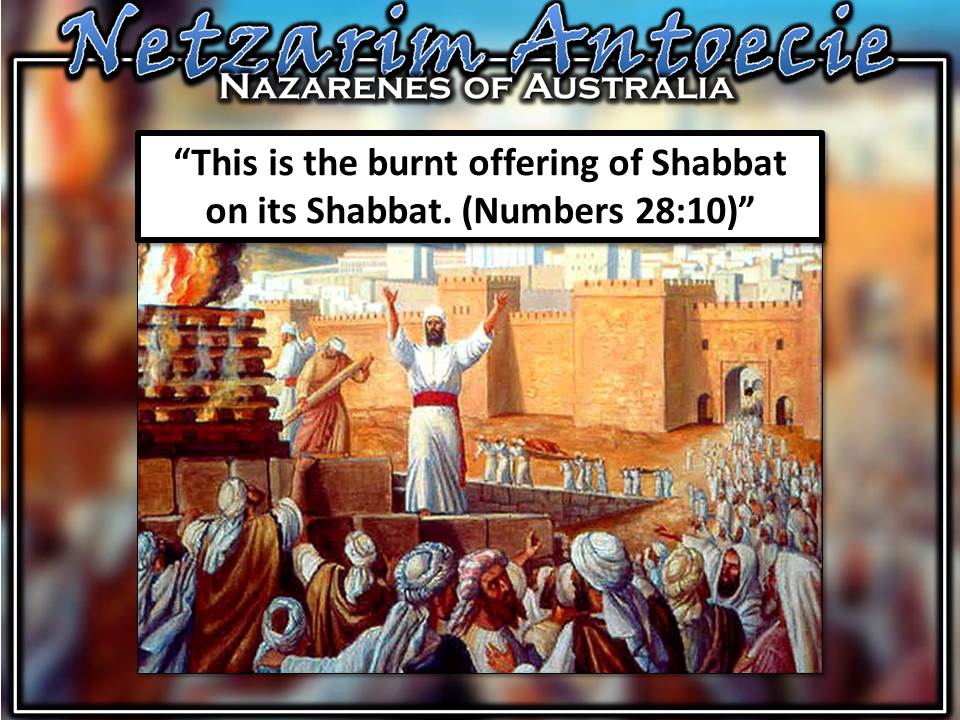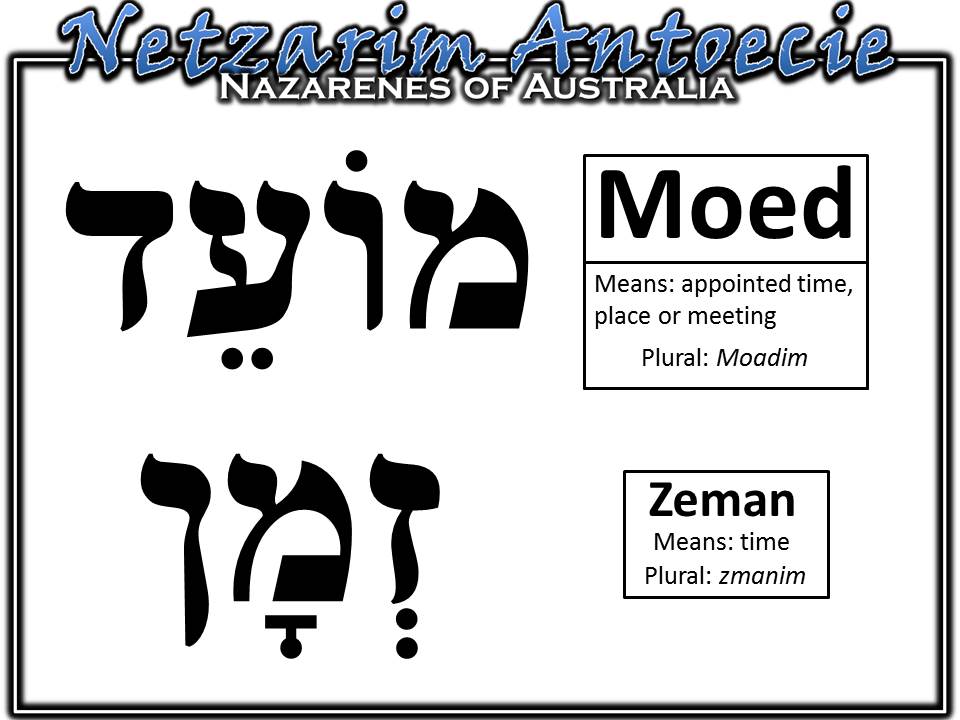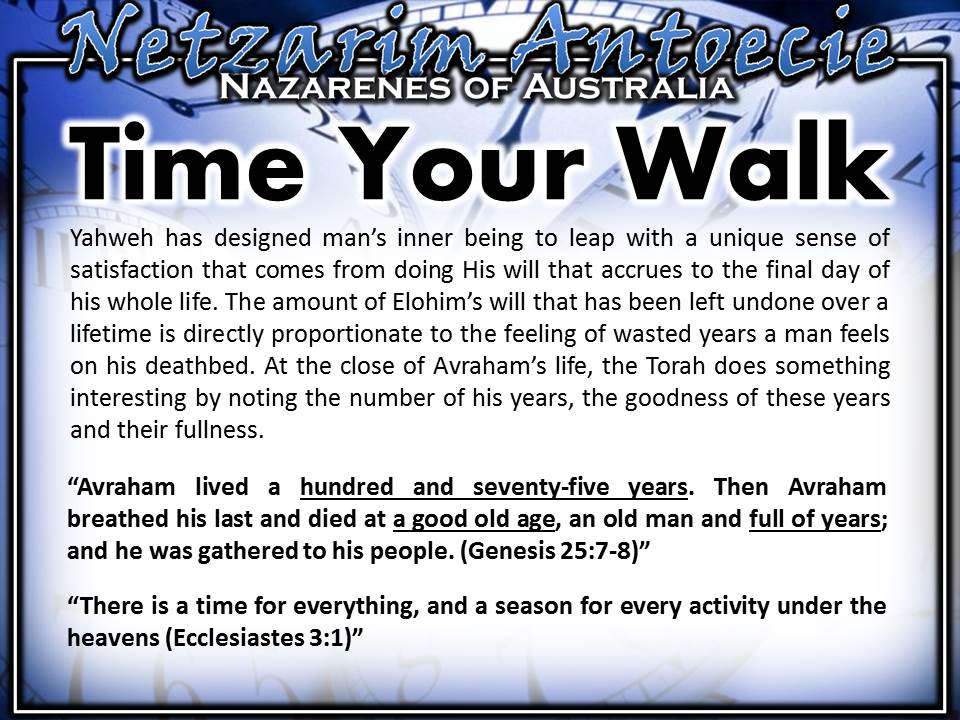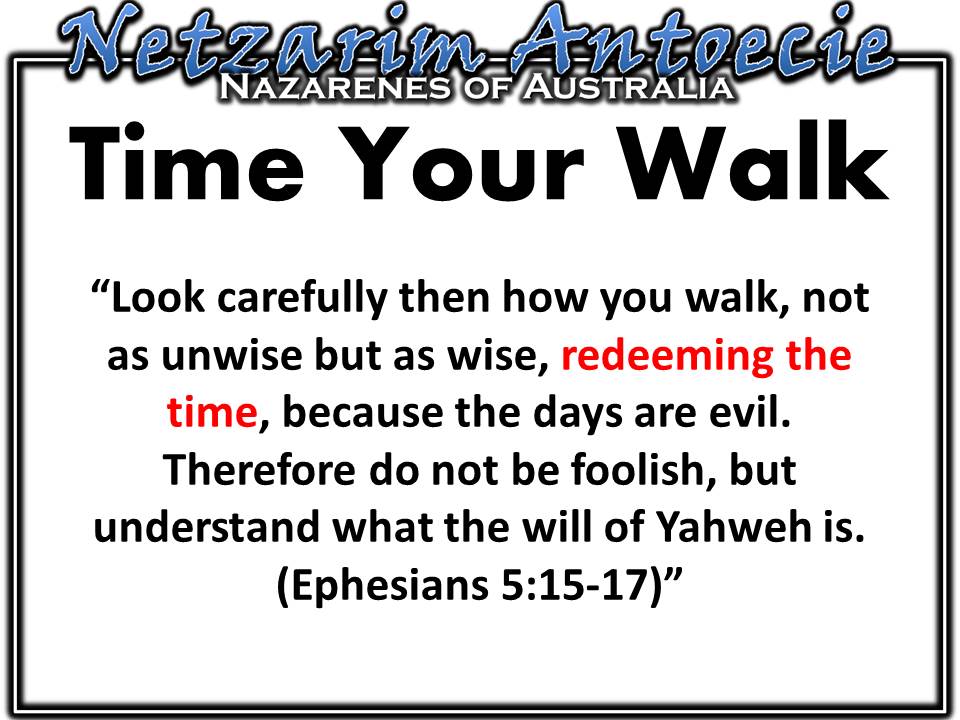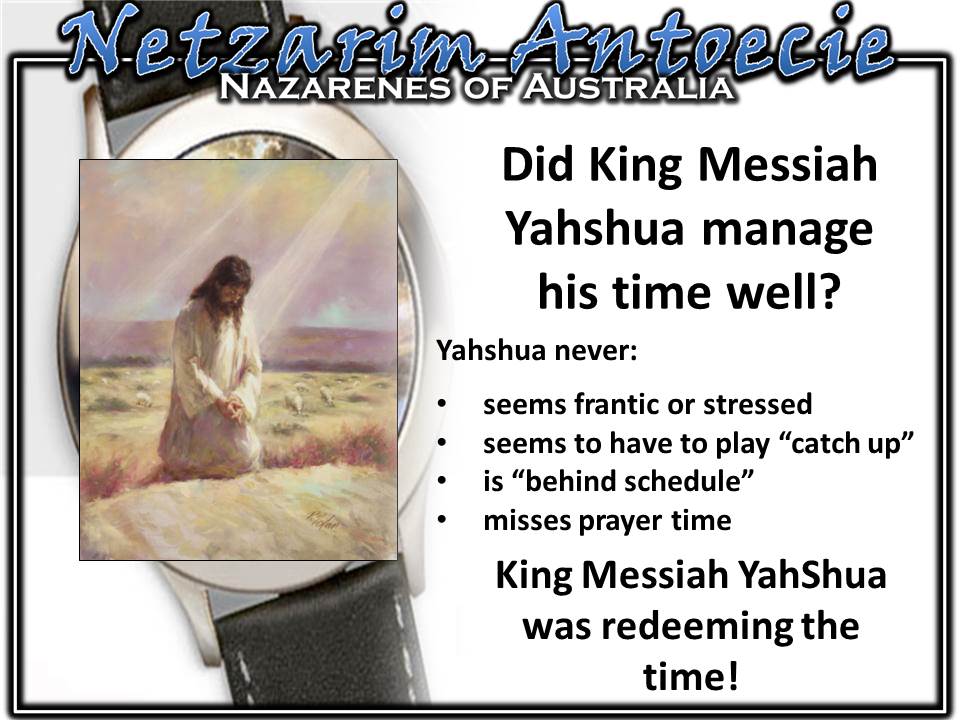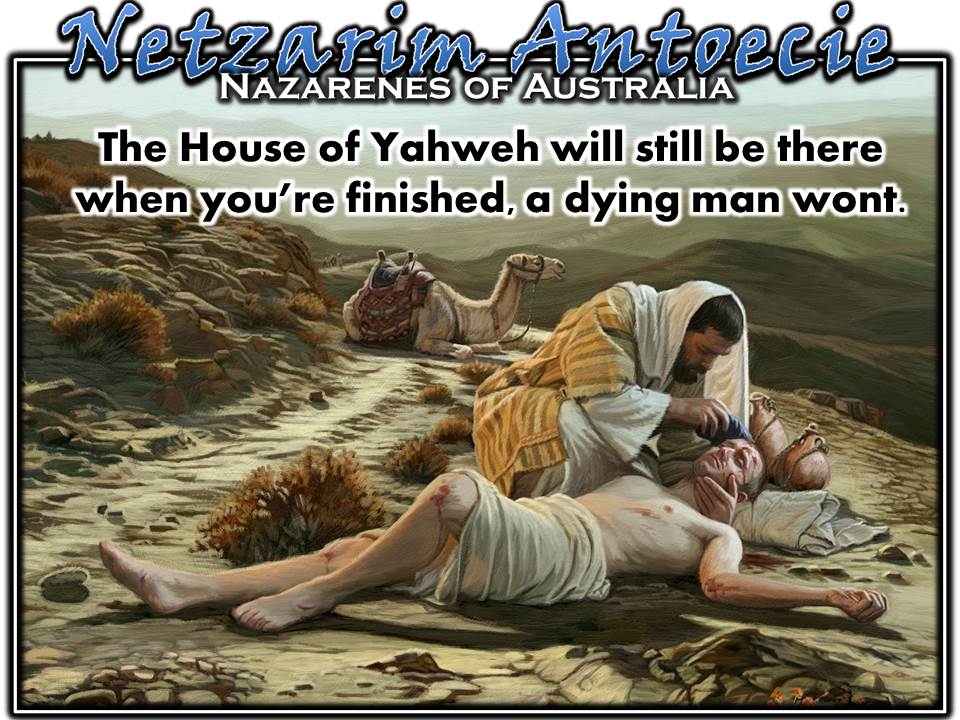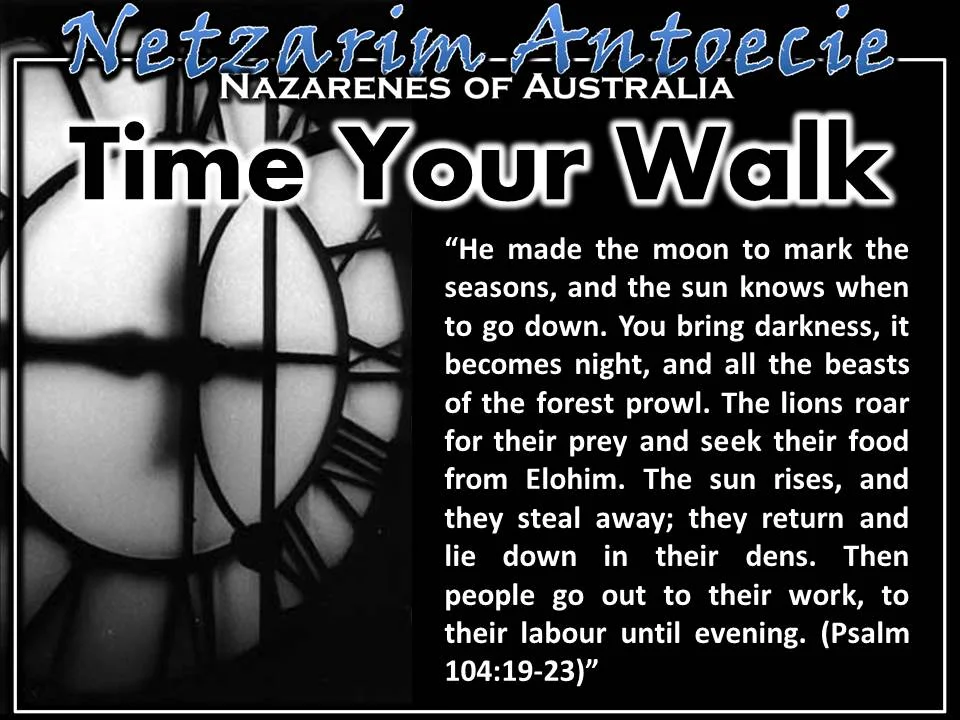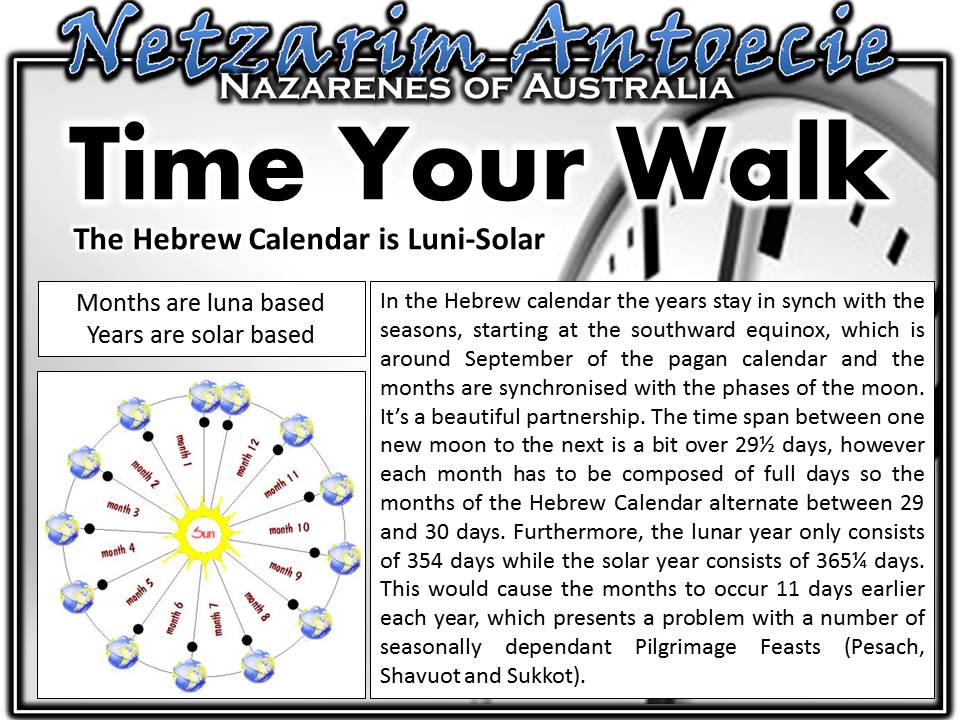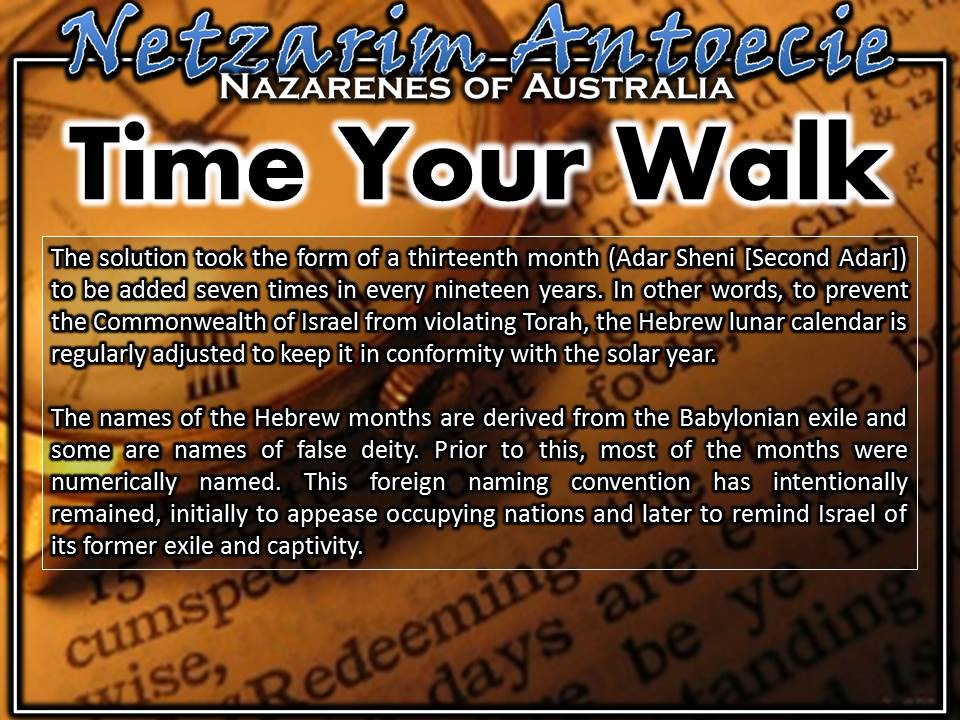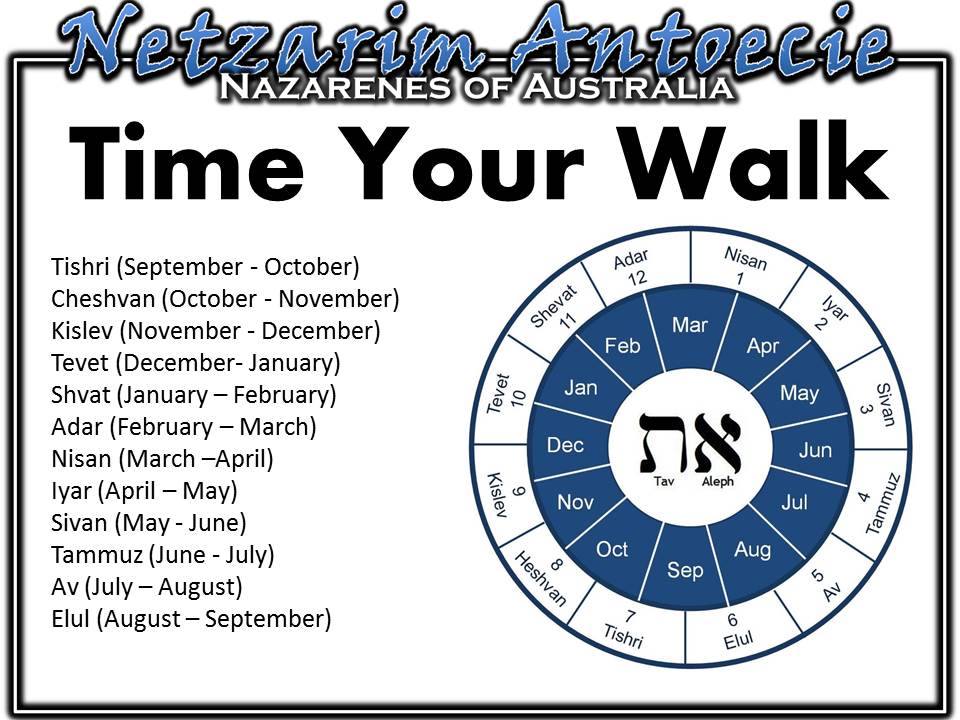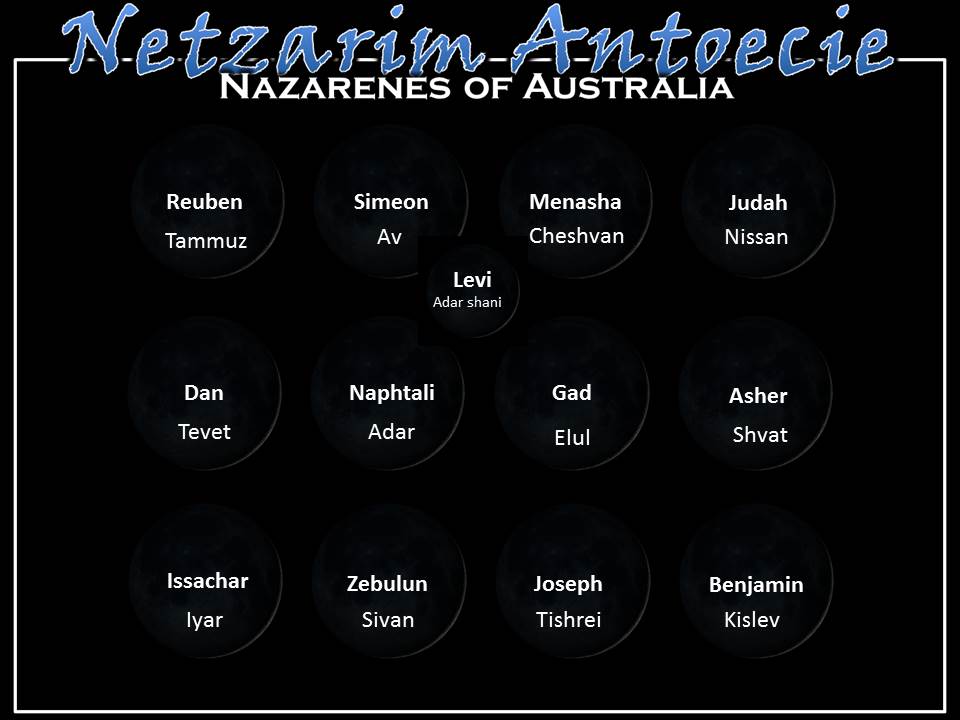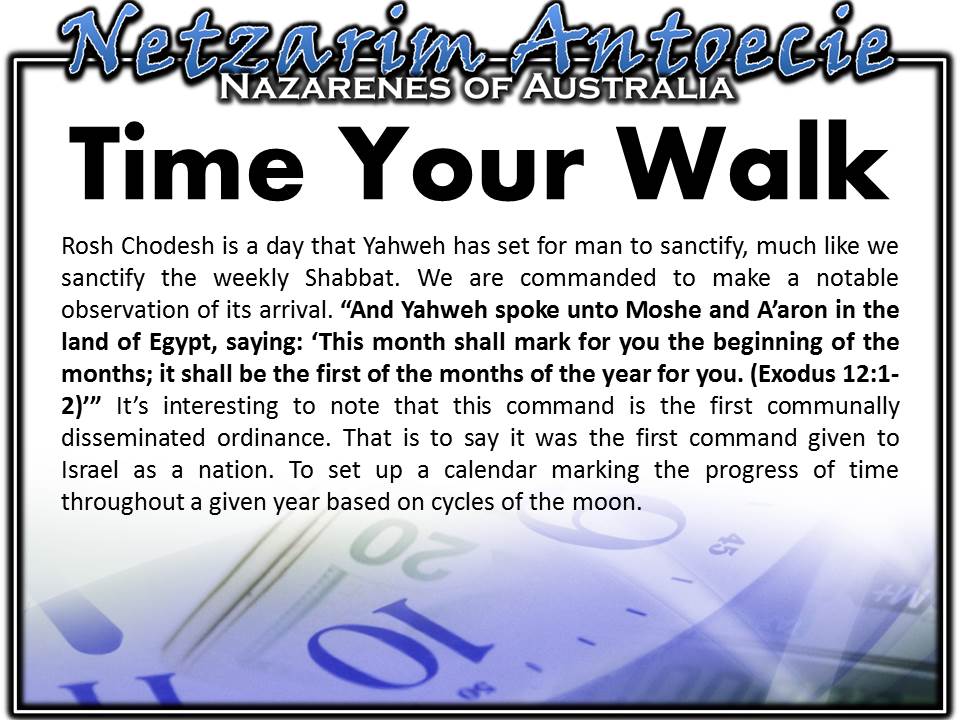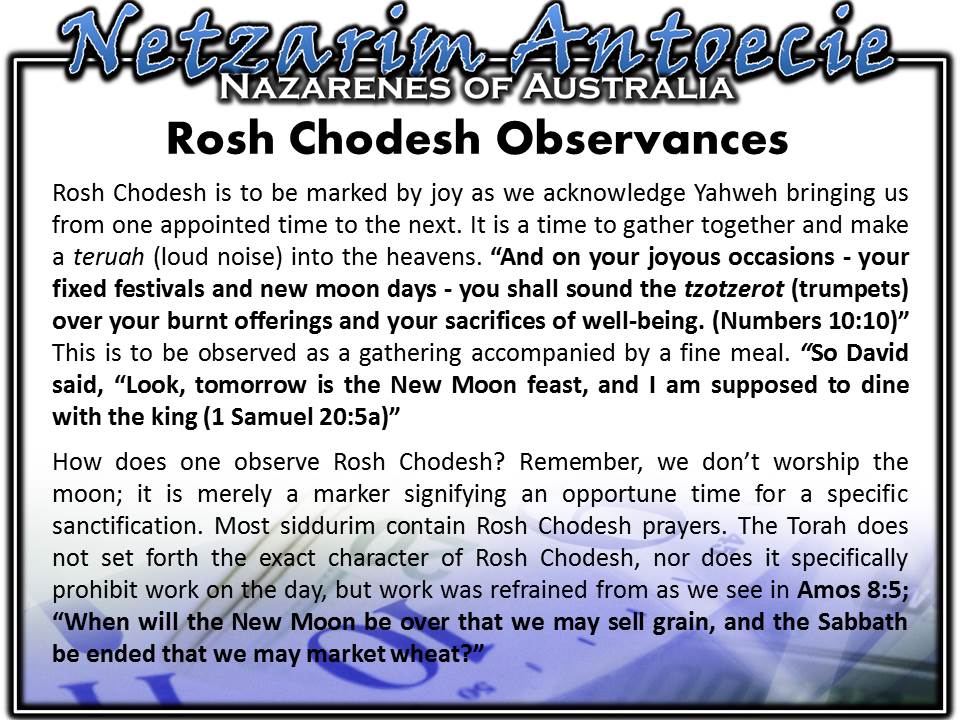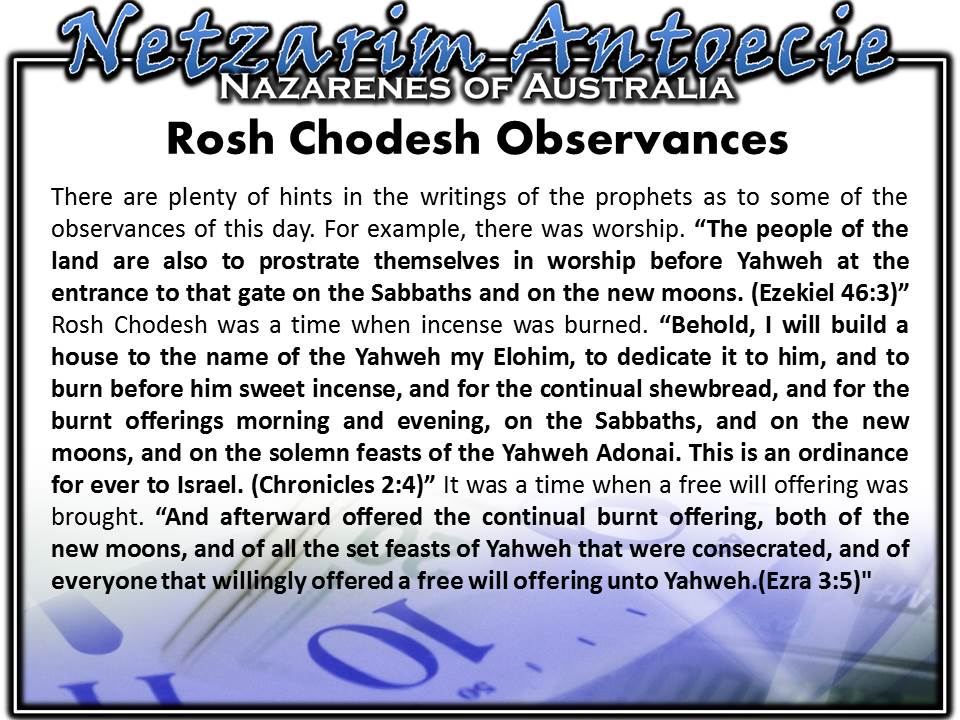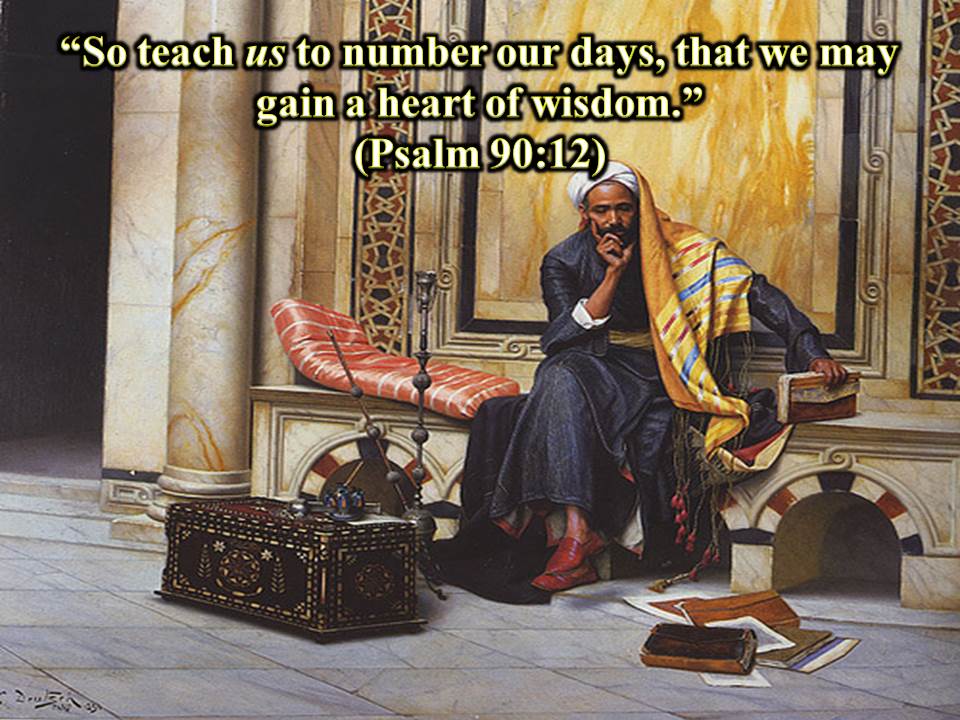New Moon, New Month, New Opinion
Getting to the truth about Rosh Chodesh
Every living being is an engine geared to the wheelwork of the universe. Though seemingly affected only by its immediate surrounding, the sphere of external influence extends to infinite distance. – Nikola Tesla
One thing you may have never pondered about the Book of Genesis, is the Almighty’s desire to inform the reader of the timing and sequential nature of all the phases of creation. While the nature of each feature is explained with beautiful simplicity, why does the reader have to know what was created on which day? Why is it so important to relay everything in such careful sequence?
Life revolves around cycles of seven. 4 symbolises the world and 3 the Divine, when merged we get the number 7, a number that symbolises a complete union of man with heaven. The number 7 is used over 700 times in the Bible and 54 times in the Book of Revelation. There are 7 types of congregations, 7 Spirits, 7 stars, 7 seals, 7 trumpets, 7 vials, 7 personages, SEVEN dooms, and 7 new things. The whole world is founded on 7. It is the number of completeness and perfection. There are 7 notes in the musical scale. Yahweh used these notes in combination to literally sing creation into being and the song continues to this day and it’s up to us if we want to attune to it.
“And Elohim said, ‘Let there be lights in the vault of the sky to separate the day from the night, and let them serve as signs to mark sacred times, and days and years (Genesis 1:14)” Very early on, the Almighty established a sequence of time, a rule of measure, to guide man in his journey through life. Everything in life was established as a vehicle of metaphor to enable man, if he so chose, to attune his life to the orchestral song of Creator of All Things. The unfolding of the passage of time is as crucial to attaining harmony as the timing of musicians is critical in creating a beautiful song.
To get the most out of life, one must have a good sense of time, in which resides the possibility of living out the deepest of values. Living in Yahshua’s footsteps is a life punctuated by ritual. Not hollow religious observance, but living out deep connection points that should heighten an observer’s awareness of Messiah’s essence. Daily prayer is meant to teach us gratitude for the opportunities of each day, and reinforces one’s sense of responsibility for how that day should be spent. The unique holidays that mark the Creator’s prescribed calendar reinforce numerous core values, such as human equality, the supreme value of life and communal ethics. The High Holidays take a collection of interrelated issues and present them on a grand scale. Chanukah teaches about the importance of religious freedom; Pesach reminds us that though we were held captive by sin, there is freedom and protection in Messiah’s shed blood and Yom Kippur teaches us humility, which cleanses us from sin and brings atonement with the Father. Our walk is very much interwoven with a sense of timing. Take for example this passage: “This is the burnt offering of Shabbat on its Shabbat. (Numbers 28:10)” Notice the stating of the obvious in this passage. This is to re-enforce the timing of the burnt offering. If one forgot to bring it, perhaps it could be brought on the following day or on the next Shabbat. To make sure that this will not happen the Torah instructs us to bring this sacrifice only on its own Shabbat and not on the next one. Once the day has passed by, the offering is no longer valid. Of course there are laws where one can make up for missed opportunities, but this ruling is rather for one who thinks that the timing is optional. Though there is an expression called “Jewish time” implying a kind of ease with time in which coming late is acceptable, it cannot be denied that the true faith of Yahweh takes time most seriously.
In Hebrew there are two chief words used for time. They are moed, which means “appointed time” and zeman, which means “time” as in a season.
Through the rhythms of holidays and life-cycle events, values are reinforced and the individual and the community have an intense sense of the passage of time and the particular possibilities of each day, of each season, of each phase of life. Yahweh has designed man’s inner being to leap with a unique sense of satisfaction that comes from doing His will that accrues to the final day of his whole life. The amount of Elohim’s will that has been left undone over a lifetime is directly proportionate to the feeling of wasted years a man feels on his deathbed. At the close of Avraham’s life, the Torah does something interesting by noting the number of his years, the goodness of these years and their fullness. “Avraham lived a hundred and seventy-five years. Then Avraham breathed his last and died at a good old age, an old man and full of years; and he was gathered to his people. (Genesis 25:7-8)” True fulfilment in life is learning to apply the most appropriate action in every sequence of time. The Book of Ecclesiastes is probably the best-known ancient text that expresses how we should understand the potential significance of each period of time: “There is a time for everything, and a season for every activity under the heavens (Ecclesiastes 3:1)”
Time is divided into years, month, days, hours, minutes and seconds. Each segment feeds into the next, producing a sequential frame of references along an unfolding linear chain.
Many of us have lost time. We’ve wasted it, squandered it and failed to use it wisely. “Look carefully then how you walk, not as unwise but as wise, redeeming the time, because the days are evil. Therefore do not be foolish, but understand what the will of Yahweh is. (Ephesians 5:15-17)”
Did Messiah Yahshua manage his time well? You bet he did. In fact as he moved from point A to point B he is never in anyway ruled by time. He’s never in excess of it or deficient of it. He even directs it, sending Judas on his way during the Passover preparation meal, symbolically removing the leaven from his company. His seemingly late arrival after the death of Lazarus, served to all the more show the glory of Yahweh. He never rushed, played catch up or missed the hour of prayer. Time becomes evil when we use it for evil, but it becomes good when we use it for good. Yahweh calculates all the hours each of us has spent involved in goodness against the amount of hours we have been involved in evil - down to the very second.
Helping a neighbour or preserving another’s well-being has always taken precedence over ritual observance. Indeed, the nature of our broken world has always meant that our observance of Holy times is interrupted and broken, but never is it an excuse to not be preoccupied with one’s holy duty like the Levite and the Kohen in the parable of the Good Samaritan. They were going to perform their duties in the Holy Temple, as they should have been and it was only when they passed a body lying on the road that they transgressed. The appearance of a Samaritan, a man from a nation that denied the observances of the Jewish rituals shifted his identity by rendering help to the helpless, transforming wickedness into righteous. The righteous identity of the Levite and the Kohen in turn shift to wickedness, because they could not discern the time. The time was to help a neighbour, even if it meant defiling themselves on account of the dead. Few of us pass by dying or even stranded individuals on our way to service and yet so many of us are not found on the road to serving Yahweh at all. Helping a neighbour transcends any failure to observe ritual, but ritual never transcends and failure to show kindness. There is no true Israelite who does not observe kindness when it is needed and there is no true Israelite who chooses to ignore ritual observance. The House of Yahweh will still be there when you’re finished, a dying man wont.
The Biblical calendar is quite possibly one of the most challenging and debated over aspects of our faith. Like the Shabbat, its observance is a commandment dependant on time that enables an Israelite to attune his existence to the orchestral workings of life. “He made the moon to mark the seasons, and the sun knows when to go down. You bring darkness, it becomes night, and all the beasts of the forest prowl. The lions roar for their prey and seek their food from Elohim. The sun rises, and they steal away; they return and lie down in their dens. Then people go out to their work, to their labour until evening. (Psalm 104:19-23)”
The Hebrew calendar is a wonder to behold. Its format is known as “luni-solar,” which means that its months are lunar and its years are solar. In other words the years stay in synch with the seasons, starting at the southward equinox, which is around September of the pagan calendar and the months are synchronised with the phases of the moon. It’s a beautiful partnership. The time span between one new moon to the next is a bit over 29½ days, however each month has to be composed of full days so the months of the Hebrew Calendar alternate between 29 and 30 days. Furthermore, the lunar year only consists of 354 days while the solar year consists of 365¼ days. This would cause the months to occur 11 days earlier each year, which presents a problem with a number of seasonally dependant Pilgrimage Feasts (Pesach, Shavuot and Sukkot). For example Pesach is commanded to be observed annually in the springtime according to Deuteronomy 16:1. The solution has a phenomenal answer, because it’s a Torah observance containing component parts that are impossible to observe without adding a man-made adjustment! It’s like the Almighty commanding you two do three things, but to do just two of them negates the third and the only solution is to add a mechanism that the Creator says nothing about.
The solution took the form of a thirteenth month (Adar Sheni [Second Adar]) to be added seven times in every nineteen years. In other words, to prevent the Commonwealth of Israel from violating Torah, the Hebrew lunar calendar is regularly adjusted to keep it in conformity with the solar year.
The names of the Hebrew months are derived from the Babylonian exile and some are names of false deity. Prior to this, most of the months were numerically named. This foreign naming convention has intentionally remained, initially to appease occupying nations and later to remind Israel of its former exile and captivity.
The Months of the Hebrew are:
Tishri (September - October) – Yom Teruah, Yom Kippur, Sukkot, Hoshana Rabbah, Shimini Atzeret
Cheshvan (October - November)
Kislev (November - December) - Chanukah
Tevet (December- January) - Chanukah
Shvat (January – February) – Tu Bishvat (New Year of the Tree)
Adar (February – March) - Purim
Nisan (March –April) - Passover
Iyar (April – May) – Counting the Omer
Sivan (May - June) - Shavuot
Tammuz (June - July)
Av (July – August) - Tisha B'Av
Elul (August – September)
The twelve new moons for each month represents the twelve tribes of Israel, reflecting the light of Torah, shone on them by the light of the Father through King Messiah Yahshua. Each tribe has an accorded month that corresponds to its unique personality and mission.
One of the ways we acknowledge the existence of Yahweh Elohim is through the orderly function of the complex heavenly bodies. The cycle of the moon, with its waxing and waning represents Israel’s decline and rebirth and reminds us that though Yahweh’s nation may seem to disappear, but its light will eventually blaze again.
Each month begins at the New Moon and the Full Moon hits in about the middle of the month. So the month follows what’s called a “synodic lunation” (a full cycle of lunar phases). The New Moon heralds the “beginning” or “head of the month,” which is Rosh Chodesh in Hebrew. It’s as binding as the Weekly Shabbat.
Rosh Chodesh is a day that Yahweh has set for man to sanctify, much like we sanctify the weekly Shabbat. We are commanded to make a notable observation of its arrival. “And Yahweh spoke unto Moshe and A’aron in the land of Egypt, saying: ‘This month shall mark for you the beginning of the months; it shall be the first of the months of the year for you. (Exodus 12:1-2)’” It’s interesting to note that this command is the first communally disseminated ordinance. That is to say it was the first command given to Israel as a nation. To set up a calendar marking the progress of time throughout a given year based on cycles of the moon.
Rosh Chodesh is to be marked by joy as we acknowledge Yahweh bringing us from one appointed time to the next. It is a time to gather together and make a teruah (loud noise) into the heavens. “And on your joyous occasions - your fixed festivals and new moon days - you shall sound the tzotzerot (trumpets) over your burnt offerings and your sacrifices of well-being. (Numbers 10:10)” This is to be observed as a gathering accompanied by a fine meal. “So David said, “Look, tomorrow is the New Moon feast, and I am supposed to dine with the king (1 Samuel 20:5a)”
How does one observe Rosh Chodesh? Remember, we don’t worship the moon; it is merely a marker signifying an opportune time for a specific sanctification. Most siddurim contain Rosh Chodesh prayers. The Torah does not set forth the exact character of Rosh Chodesh, nor does it specifically prohibit work on the day, but work was refrained from as we see in Amos 8:5; “When will the New Moon be over that we may sell grain, and the Sabbath be ended that we may market wheat?”
There are plenty of hints in the writings of the prophets as to some of the observances of this day. For example, there was worship. “The people of the land are also to prostrate themselves in worship before Yahweh at the entrance to that gate on the Sabbaths and on the new moons. (Ezekiel 46:3)” Rosh Chodesh was a time when incense was burned. “Behold, I will build a house to the name of the Yahweh my Elohim, to dedicate it to him, and to burn before him sweet incense, and for the continual shewbread, and for the burnt offerings morning and evening, on the Sabbaths, and on the new moons, and on the solemn feasts of the Yahweh Adonai. This is an ordinance for ever to Israel. (Chronicles 2:4)” It was a time when a free will offering was brought. “And afterward offered the continual burnt offering, both of the new moons, and of all the set feasts of Yahweh that were consecrated, and of everyone that willingly offered a free will offering unto Yahweh.(Ezra 3:5)"
Anyone who is not paying attention to the Creator’s calendar is quite literally killing their own time. Never before in history has so much knowledge become so easily accessible. Yahweh is working to a time-frame, it's up to you if you want to be on His schedule.
Now we've looked at the importance of appointed times, particularly Rosh Chodesh, the most neglected of all the appointed times, we can keep going.
Next week, we’ll look at when to sanctify the month, even though it might sound straight forward enough there is some difficulty in pin-pointed the exact time. So join us next Shabbat.


